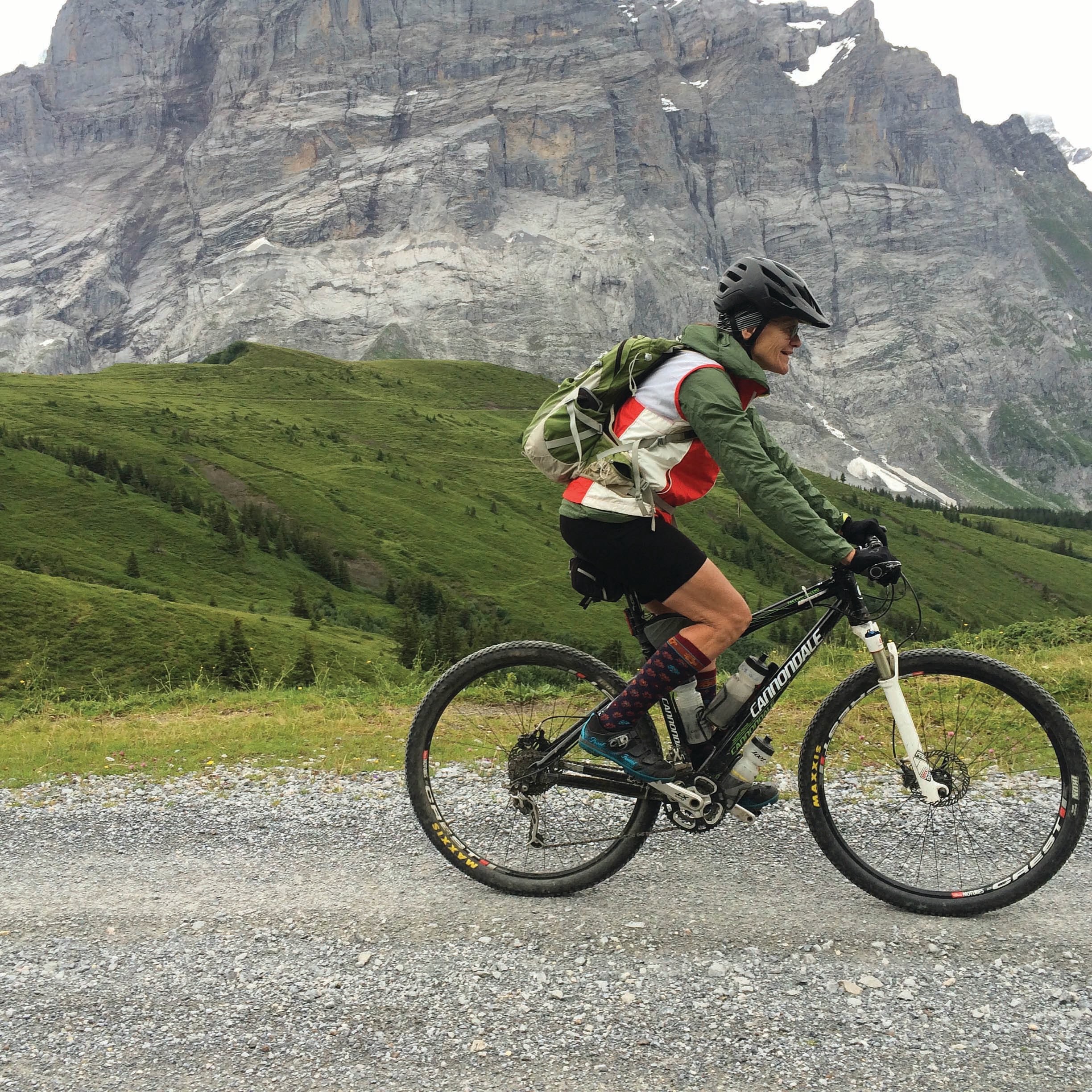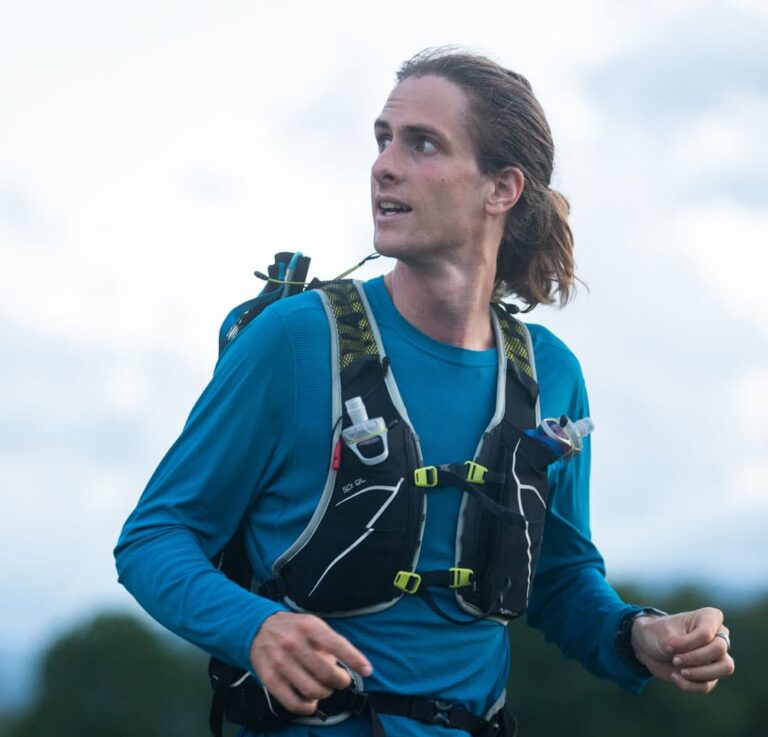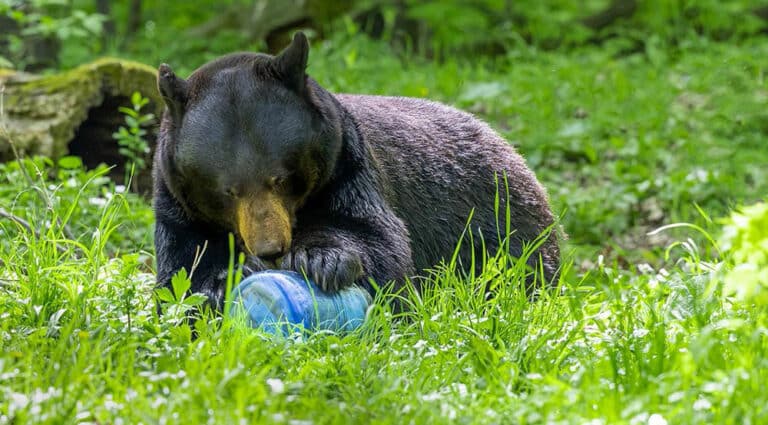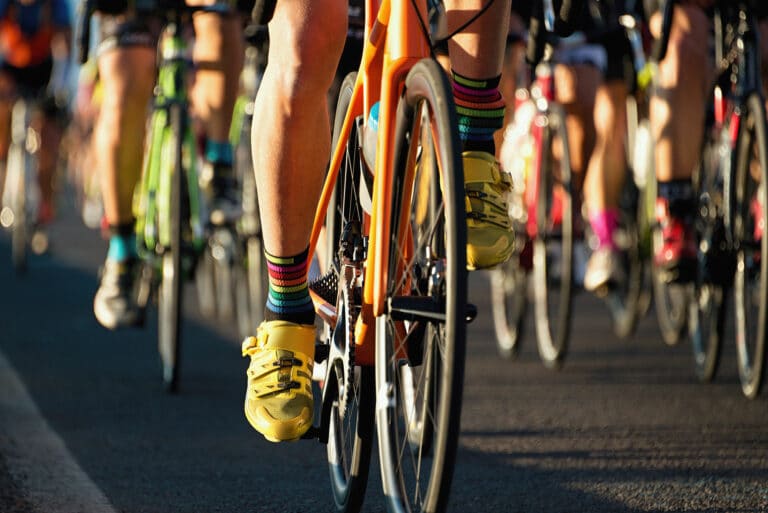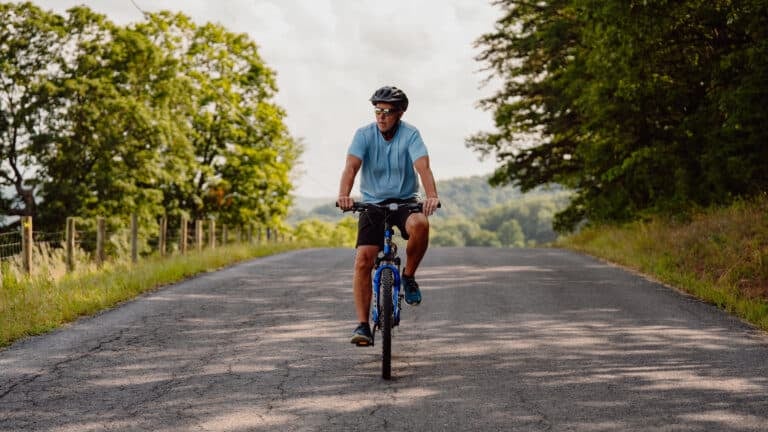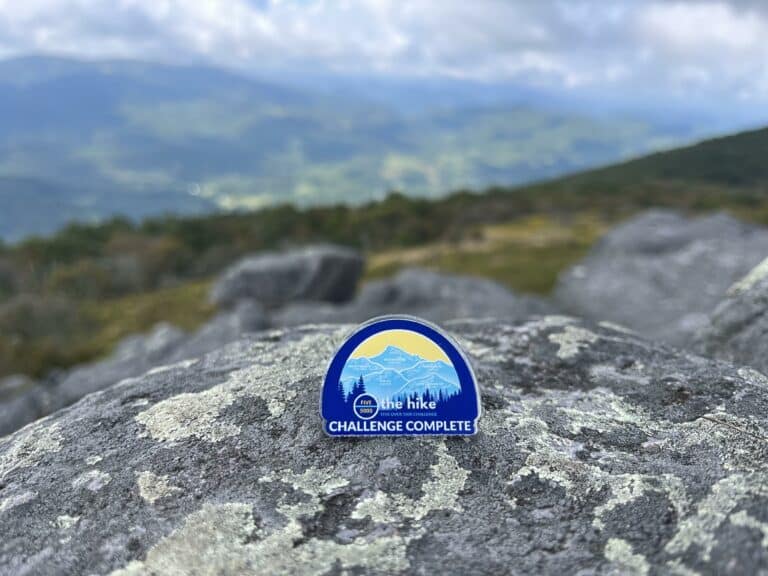On November 6, 2004, then 44-year-old Keith Sprinkle of Asheville, N.C., pulled his skirt tight over the cockpit of his kayak and slid into the frigid waters of the Green River Narrows, his hometown run. Were it not for the line of kayakers waiting for their number to be called, and the crowd of spectators downstream eagerly anticipating the carnage at Gorilla, this Saturday could have passed for any other weekend, except that this was the Green Race, and Sprinkle, who had just started paddling three years prior, had never raced the Narrows before.
“I thought if I could just finish the race at all, even if I’m the slowest person, I’d still have something to be proud of,” Sprinkle says.
Sprinkle finished all right, and while his run wasn’t particularly fast or smooth (“It took me nearly 10 minutes and I got chundered from top to bottom,” he says), he was one of the few kayakers in the hand paddling class and the oldest competitor to even race that year.
“I was very proud, but much to my surprise, [the other racers] more or less made fun of me,” Sprinkle says. “It pissed me off. They were 24 and thinking they were something cool but they don’t know how hard it was being 44.”
Sprinkle channeled that negative energy into paddling harder, faster, more frequently. A professional fly fishing guide by trade, Sprinkle spent practically every waking moment on the water. After a long day at work, he’d head to the Ledges on the French Broad and practice attainments. He started to incorporate weight lifting and cardio into his weekday activities, all the while racking up as many race runs on the Narrows as his body could handle.
Two years later, in 2006, Sprinkle was back at the Green Race. With two former hand paddling champions half his age as competition, Sprinkle was nervous—after all, they were in newer, longer boats, while Sprinkle was still sporting a short boat. Still, his determination to prove a point, to his fellow racers and himself, overrode his inhibitions. He won the hand paddling class, and would continue to win that division and set new records at the Green for the next five years.
It’s easy to label Sprinkle as a mutant of athletic tenacity that goes above and beyond the willpower of most athletes, regardless of age—in addition to his six-year record-setting champion streak at the Green, Sprinkle’s also set the hand paddling record at other races like the Lord of the Fork and the downriver race on the Nantahala. Just last year, at the age of 57, Sprinkle won the hand paddling class at the Ocoee River Race and placed second in the same division at the Green Race.
But Sprinkle’s late blooming success as a competitive kayaker mirrors an evolving trend in the world of adventure sports that proves older athletes can still bring the heat well into their 50s and beyond.
“I pretty much hated running all my life,” says 69-year-old ultrarunner Doug Blackford. “I always thought it was a rather stupid sport,” that is, until Blackford started running at the ripe age of 50 to help his 14-year-old son prepare for cross country season. “We’d only run two miles and I’d about throw up but it wasn’t like I was overweight. I’d been active all my life.”
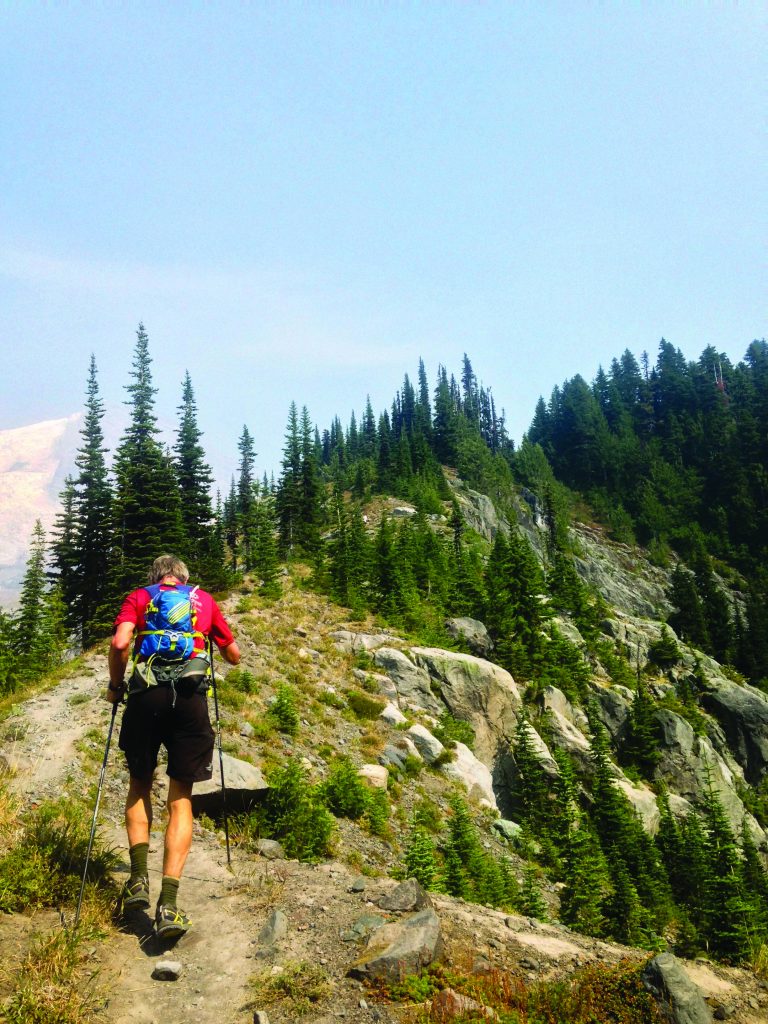
Blackford started with 5Ks, then 10Ks and 15Ks, slowly building his strength and endurance. Three years later, he was at the starting line to his first ever ultramarathon, the Mount Mitchell Challenge.
“It was pouring down rain, thundering, lightning. We were ankle deep in water and slush. It was nasty as hell,” he says, but he finished anyway.
To date, Blackford’s completed more than 60 ultras, including three 100-milers (one of which he ran in 2016 a week after his 70th birthday) and 15 Mount Mitchell Challenge finishes, as well as a host of other adventure runs like the double crossing of the Grand Canyon.
Blackford’s not necessarily stomping the younger competition, though he’s ranked twice in the top 10 overall at the Iron Mountain 50 Miler. What sets Blackford’s running apart has less to do with speed and more about resiliency. The man simply won’t stop running, even in the face of a much more daunting challenge—beating prostate cancer. Despite undergoing radiation treatments for the first two months of the year, Blackford was still logging big miles on the trail nearly every day, including a 30-mile thru run of the Art Loeb Trail.
“It’s been a terrible inconvenience, if you can call cancer that,” he says. “I think running has helped me through. My main mantra is just to enjoy it and don’t worry about the pace or the speed or anything. There are a lot of races where I’m the oldest person there, but I’m not anywhere near last, so I take pride in that.”
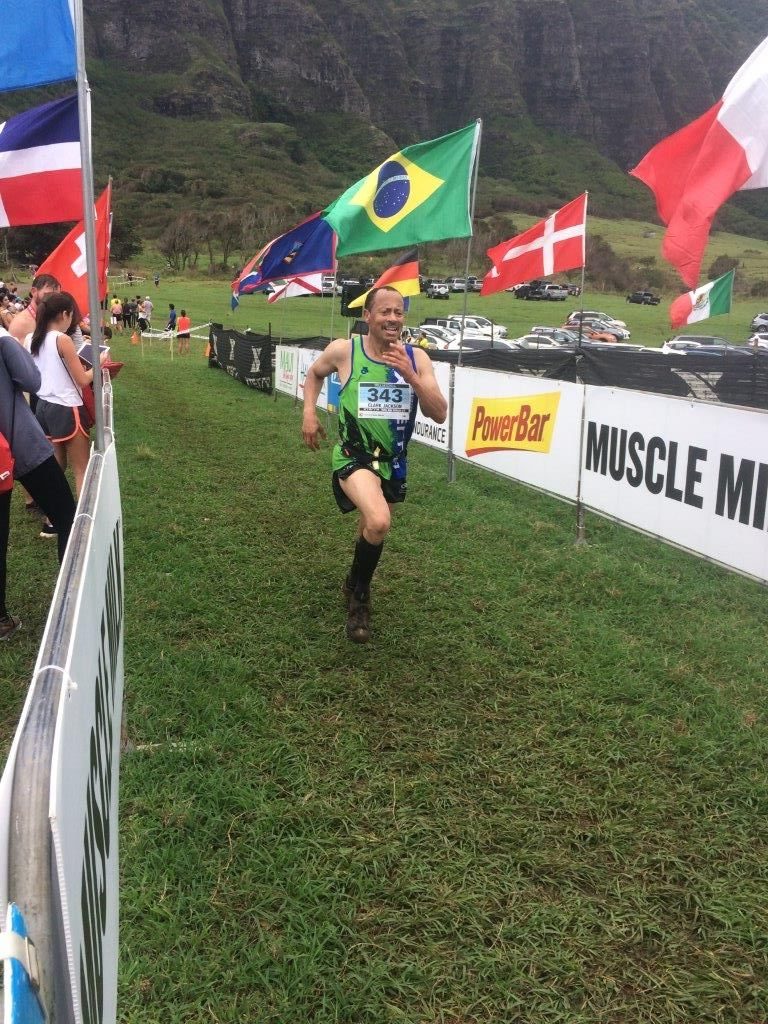
Clark Jackson, 60, of Charlottesville, Va., can relate to that. Last year, Jackson won his age division at the Paul Mitchell XTERRA Trail Run World Championship Half Marathon in Hawaii. Not long after returning from world’s, Jackson was diagnosed with stage one prostate cancer, but that isn’t stopping him. Like Blackford, Jackson started running again after a 50-year-old health checkup-gone-bad.
“I was overweight and out of shape and [my doctor] wanted to start putting me on a bunch of medicine,” says Jackson. “I said, ‘Doc, give me six months.’”
His plan? Pick up right where he left off from his college days of running and become the XTERRA Trail Run World Champion. Starting from ground zero, Jackson tacked on the miles, one at a time, and succeeded. In 2011, he won the North Carolina XTERRA Regional Championship. In 2013, he won Virginia and North Carolina’s XTERRA Regional Championship. And in 2014, he again won Virginia’s XTERRA Regional Championship.
“When you’re running before, you take everything for granted,” he says, “but you appreciate it more when you’re older.”
Those words ring particularly true to Alice Vernon of Morgantown, W.Va. Vernon, 57, runs Whitetail Bicycles with her husband. In her 30s, she was one of the top female endurance mountain bikers in the region, placing first at a number of 24-hour races in both the team and solo divisions.
Her racing started to wane when life got in the way—she’s a mother of two now-grown children, a retired nurse, and a survivor of cancer. Now, Vernon is as active as ever. In April 2016, Vernon won the Big Bear Lake XC Classic sport division. The year before that, Vernon finished the High Cascades 100-mile endurance mountain bike race in Bend, Oregon. Amid all of that, she and her husband have completed multiple bike touring trips across Switzerland, New Zealand, and Washington state. This year, Vernon plans on competing in the Pisgah Stage Race in North Carolina and the USA Cycling Mountain Bike National Championships at Snowshoe Mountain, W.Va. Her key to staying fit is a far cry from her tactics as a 30-something-year-old.
“I used to feel like I could go off the couch and race myself into shape and just go do it out of sheer will but not now,” she says. “I used to feel like I could out-suffer people, but I don’t like to suffer like I used to.”
Still, Vernon’s on the bike at least 10 hours a week, on top of hot yoga and spin classes a few days per week. Above all else, though, she says just getting outdoors, be it on a bike or a set of telemark skis, has always been, and will continue to be, her secret to success.
“When you’re tired and you don’t feel like going out, if you make yourself go and just take a walk, you feel better,” she says. “Exercise in general keeps you young at heart.”
“Don’t stop believing,” adds Keith Sprinkle. “You’re never too old.”
